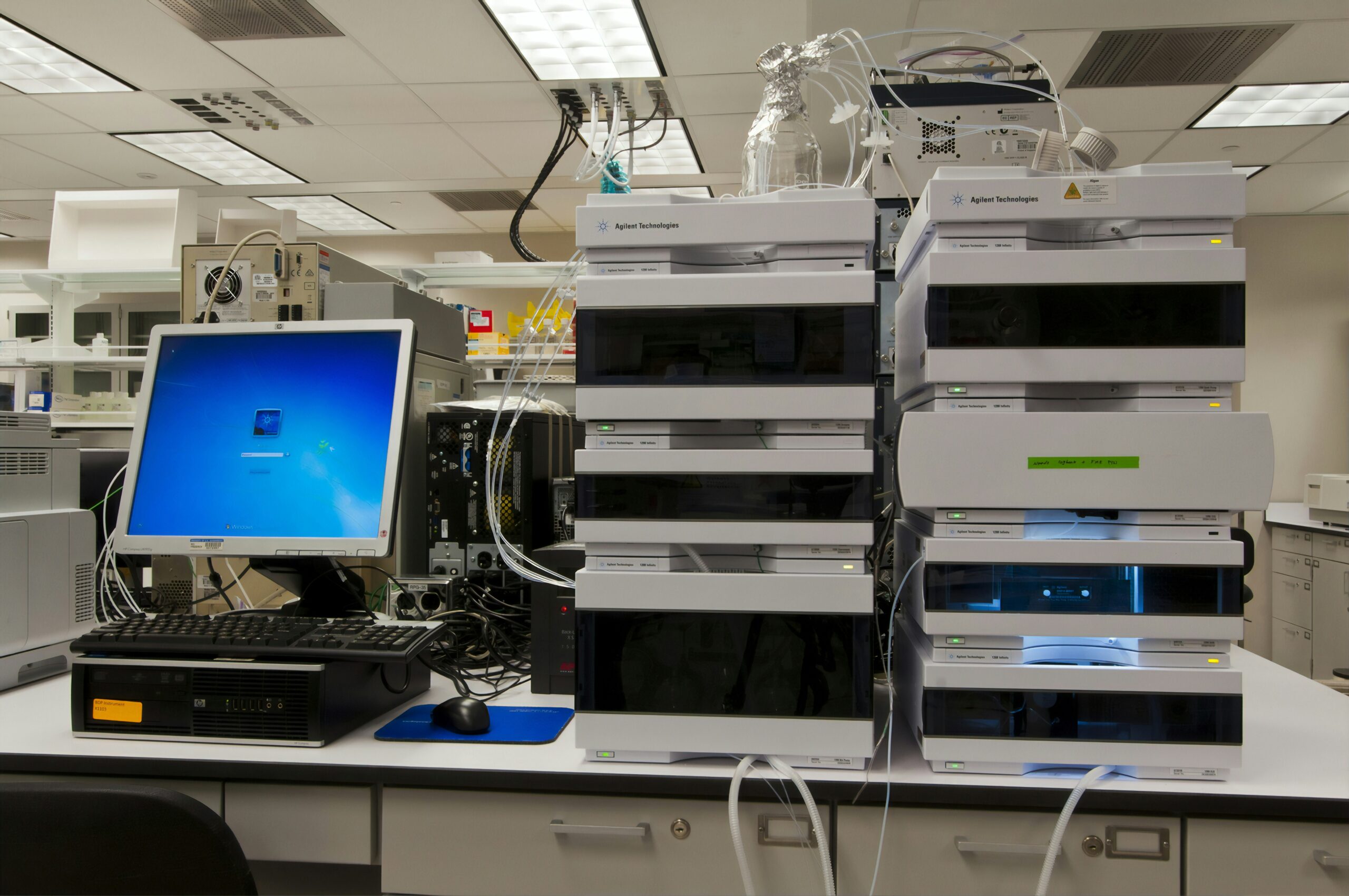
Over the past two centuries, vaccines have played a critical role in preventing infectious diseases. According to the World Health Organization, vaccination prevents between 3 million and 5 million deaths annually from diseases such as diphtheria, tetanus, influenza, measles, and more recently, Covid-19. While there has long been a broad scientific consensus that vaccines prevent or mitigate the spread of infections, new research suggests that their therapeutic impact might extend beyond infectious disease prevention.
An April 2025 study published in the prominent journal Nature found compelling evidence that the herpes zoster—or shingles—vaccine could lower the risk of dementia in the general population by as much as 20 percent. This groundbreaking study may pave the way for other breakthroughs in understanding and treating dementia and other degenerative disorders of the brain.
Exploring the Role of Vaccines in Reducing Dementia Risk
One of the major challenges researchers face when studying the effects of vaccines is finding an unvaccinated “control group” for comparison—a group similar to the vaccinated group in all respects, except for not receiving the active vaccine. This is due to ethical concerns about depriving patients of vaccine protection against diseases such as shingles.
The Nature study capitalized on a policy change in Wales that went into effect in 2013. This policy stated that people born on or after September 2, 1933, were eligible for the herpes zoster vaccination for at least a year, while those born before that cutoff date were not. The vaccine was administered to prevent shingles, a painful condition caused by the same virus that causes chickenpox, which can lie dormant in the body and be reactivated later in life.
The researchers used this policy change as a natural laboratory to study the effect of shingles vaccination on long-term health outcomes. Through a statistically sophisticated analysis of health records, the team found that the vaccine reduced the probability of getting dementia by one-fifth over seven years. Notably, women benefited more than men.
How Vaccines Might Be Protective
One scientific explanation for the reduction of dementia risk by the herpes zoster vaccine could be the direct protection against the shingles virus, which may play a role in exacerbating dementia. However, there is also the possibility that the vaccine may have conferred protection by activating the immune system and providing “trained immunity,” wherein the immune system is strengthened by repeated exposure to vaccines or viruses.
The study did not differentiate between different types of dementia, such as Alzheimer’s disease or dementia due to stroke. Additionally, researchers cannot draw any definitive conclusions about possible mechanisms for how the vaccines could be protective based solely on health records.
The next step would be a prospective, randomized, double-blind, placebo-controlled study—the “gold standard” for clinical trials in medicine—to directly examine how the herpes zoster vaccine compares with a placebo in its ability to reduce the risk of dementia over time.
The Challenges of Untangling Dementia
Dementia is a major noncommunicable disease and a leading cause of death worldwide. A January 2025 study provided updated figures on lifetime dementia risk across different subsets of the U.S. population. Researchers estimate that the lifetime risk of dementia after age 55 is 42 percent—more than double earlier estimates. The dementia risk was 4 percent by age 75 and 20 percent by age 85, with the majority of risk occurring after 85. The number of new cases of dementia in the U.S. is projected to double over the next four decades, from approximately 514,000 cases in 2020 to 1 million in 2060.
Once considered a disease largely confined to the developed world, the deleterious effects of dementia are now apparent globally, as life expectancy increases in many formerly developing countries. While there are different forms of dementia with varying clinical manifestations and underlying neurobiology, Alzheimer’s disease is the most common.
Prospective studies that specifically test how giving a vaccine changes the risk for future dementia may benefit from studying patient populations with specific types of dementia, as each version might require distinct treatments.
Studies based on health records suggest that past exposure to viruses increases the risk of dementia, while routine vaccines, including those against tetanus, diphtheria, pertussis, pneumonia, shingles, and others, reduce the risk.
Innovation and an Open Mind
There is sometimes a tendency among scientists to cling to older, familiar models of disease and a reluctance to move in more unconventional directions. Yet, the process of doing science teaches researchers humility, opening minds to new information, learning from mistakes, and following data in the quest for effective, lifesaving therapies.
Vaccines may represent one of those paths less traveled. It is an exciting possibility that may unlock other breakthroughs in understanding and treating degenerative disorders of the brain.
As research continues, the potential for vaccines to play a role in dementia prevention could signify a paradigm shift in how we approach neurodegenerative diseases. The implications of such findings could be profound, offering new hope for millions worldwide.
Anand Kumar, Professor and Department Head of Psychiatry, University of Illinois Chicago and Jalees Rehman, Department Chair and Professor of Biochemistry and Molecular Genetics, University of Illinois Chicago
This article is republished from The Conversation under a Creative Commons license. Read the original article.





